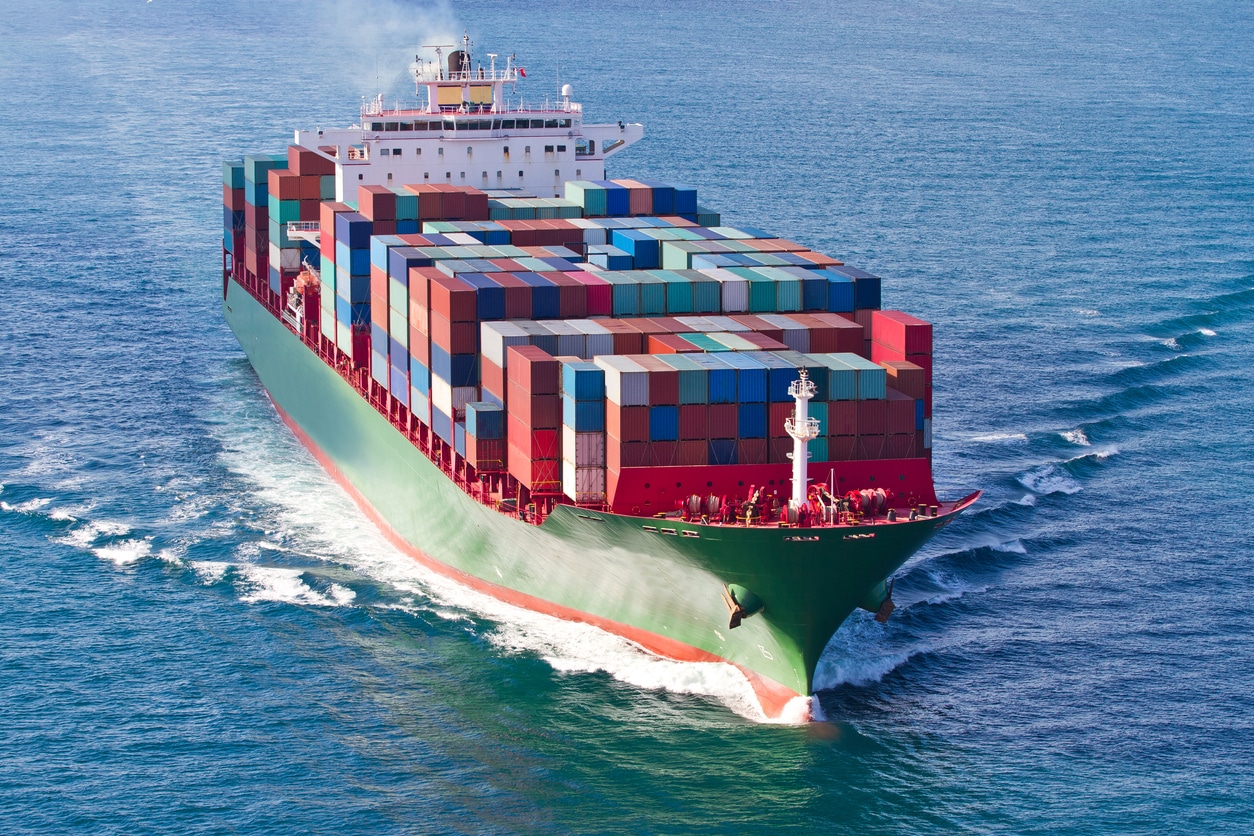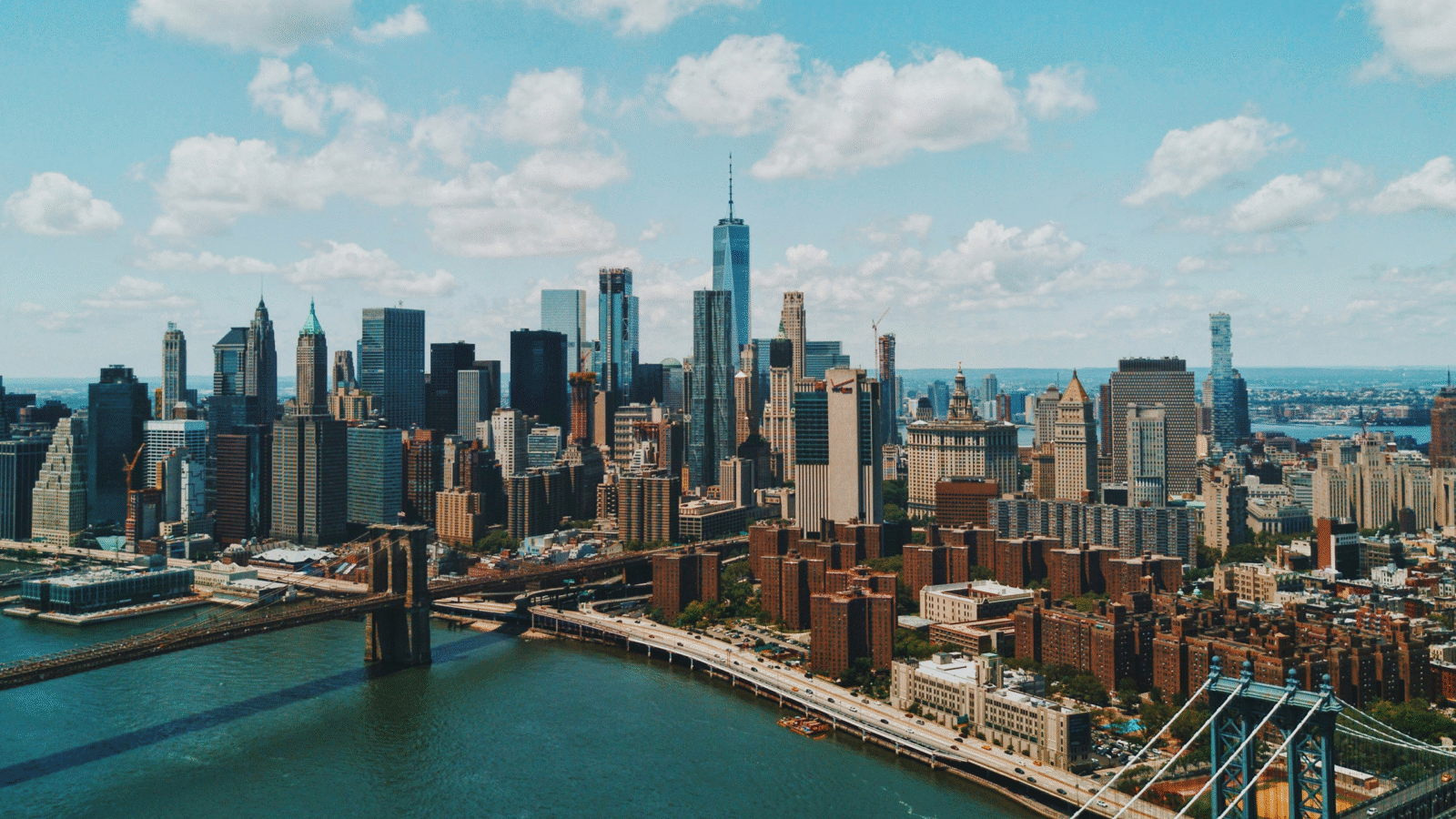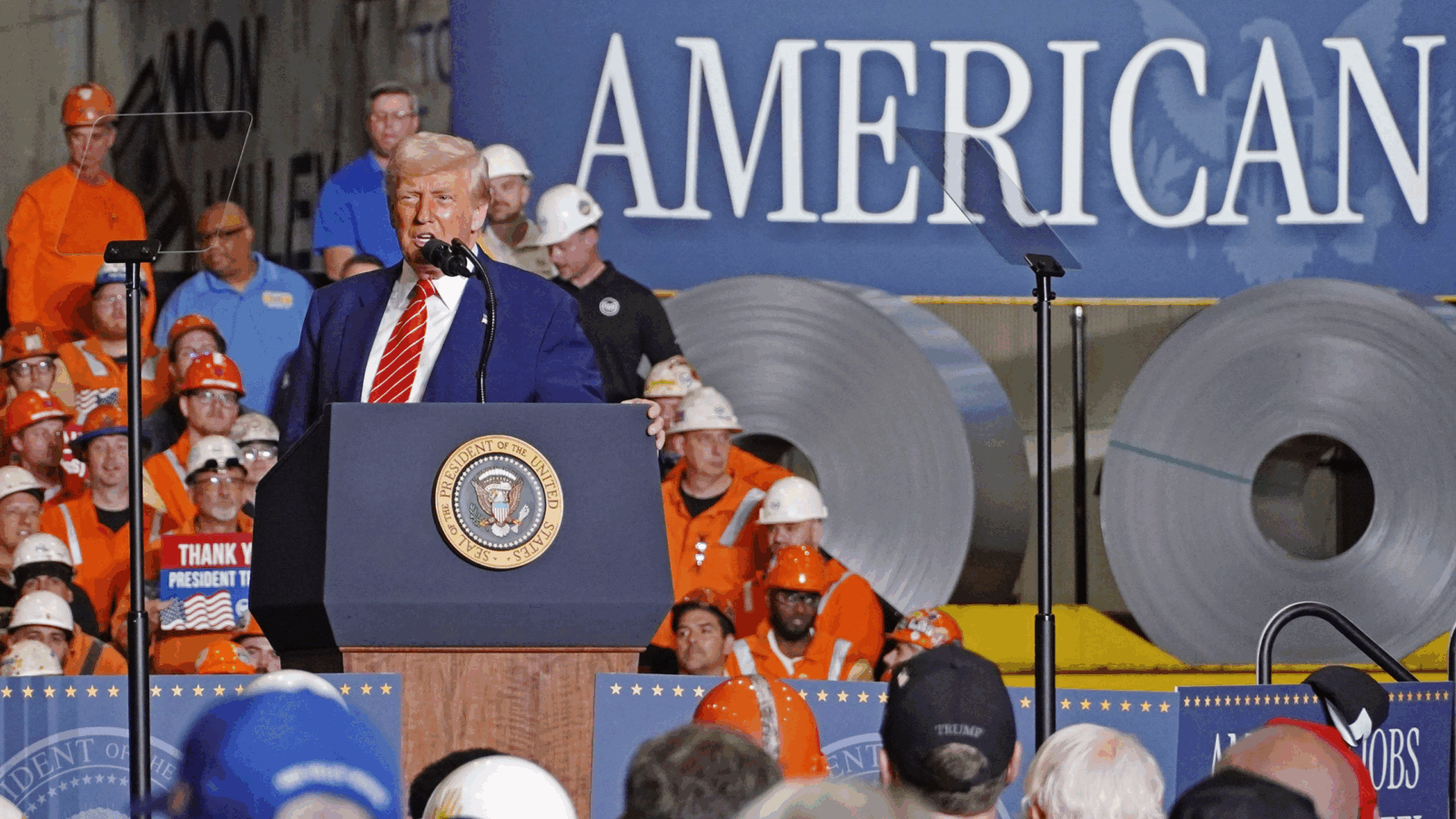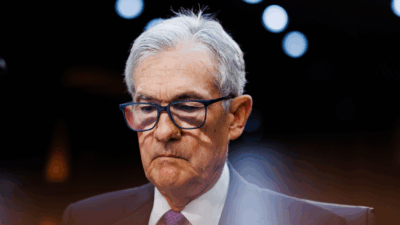
Sign up for smart news, insights, and analysis on the biggest financial stories of the day.
You could say it’s a new cold war.
Long-frozen sea lanes way up in the Arctic Ocean are thawing out and opening up, trimming the voyage from Moscow to Asia by a third and instigating a fierce battle for control along the pole. Russia is acting quickly and aggressively to consolidate its grasp on the potentially lucrative trading route, drawing up plans to control cargo and collect fees.
But the U.S. and China aren’t planning on standing idly by.
A Far North Superhighway
2020 was the hottest year on record. The Arctic is warming twice as fast as the rest of the earth, releasing bubbles of methane and CO2 (bad news unless you’re a shipping magnate.)
Russia takes up 53% of the Arctic’s coastline, which doesn’t feature too many top vacation destinations. But the melting ice caps have turned it into a goldmine for ocean transport. As far-north navigation becomes “practically year round,” Putin plans to double cargo capacity by 2024:
- Russia has built the world’s largest fleet of nuclear icebreakers, which could charge “tariffs” for helping cargo ships complete their Arctic journey. The country is also upgrading its Soviet-era northern ports and stationing personnel along the route.
- All told, the project is expected to cost $11.5 billion, punctuating Moscow’s vast ambitions in the Arctic.
On top of the potential economic windfall, Russia gains a major bargaining chip with China. The People’s Republic has commercial and military interests in the new express route, and while no cargo commitments have been reached, officials from the two world powers are reportedly in talks.
Illegitimate: Meanwhile, the U.S. denies the route even falls in Moscow’s jurisdiction. “Unlawful regulation of maritime traffic along the Northern Sea Route undermines global interests, promotes instability, and ultimately degrades security in the region,” wrote one U.S. naval strategy researcher.
No Boat in this Race: Germany and Denmark aren’t interested in the region, due to the “untold damage” increased traffic could cause to the Arctic’s fragile ecosystem.











